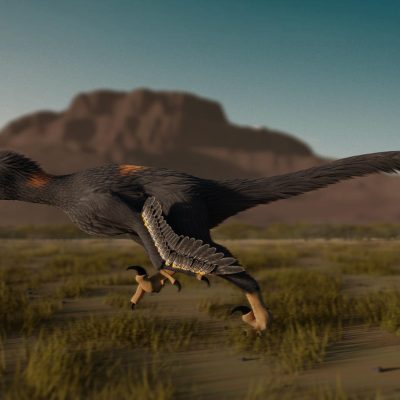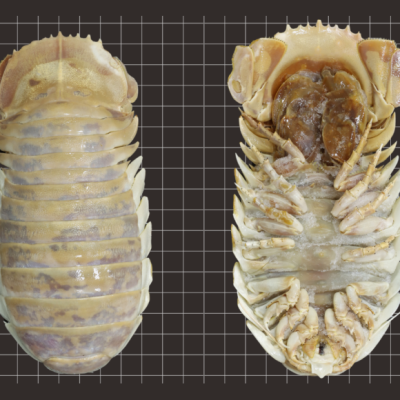A new discovery in Australia has filled a gap in the evolutionary history of marsupials. Researchers from Flinders University have found fossils of a prehistoric koala species, Lumakoala blackae, which lived around 25 million years ago. The fossils were discovered in the Northern Territory, and show that the ancient koalas were much smaller than their modern counterparts, weighing only 2.5 kilograms. The species had teeth similar to those of modern plant-eating mammals, which helped them to efficiently break down plant material. The researchers believe that the ancient koalas may have also eaten insects.
The discovery of Lumakoala blackae has helped to fill a 30 million year gap in the evolutionary history of marsupials. The researchers used computer analysis to determine that the species was a member or close relative of the koala family. The fossils also show similarities to other ancient marsupials, including Thylacotinga and Chulpasia, which were found in a 55 million year old geological formation in the northeast of the continent. Previously, it was thought that these species were closely related to marsupials from South America, but the discovery of Lumakoala suggests that they may be early relatives of herbivorous marsupials from Australia, such as koalas, wombats, kangaroos, and possums.
This discovery sheds new light on the evolution of marsupials in Australia, and highlights the importance of studying fossils to understand the history of life on Earth. The researchers hope that further discoveries will help to fill in more gaps in the evolutionary record, and provide a better understanding of the diversity of life that has existed on our planet.









